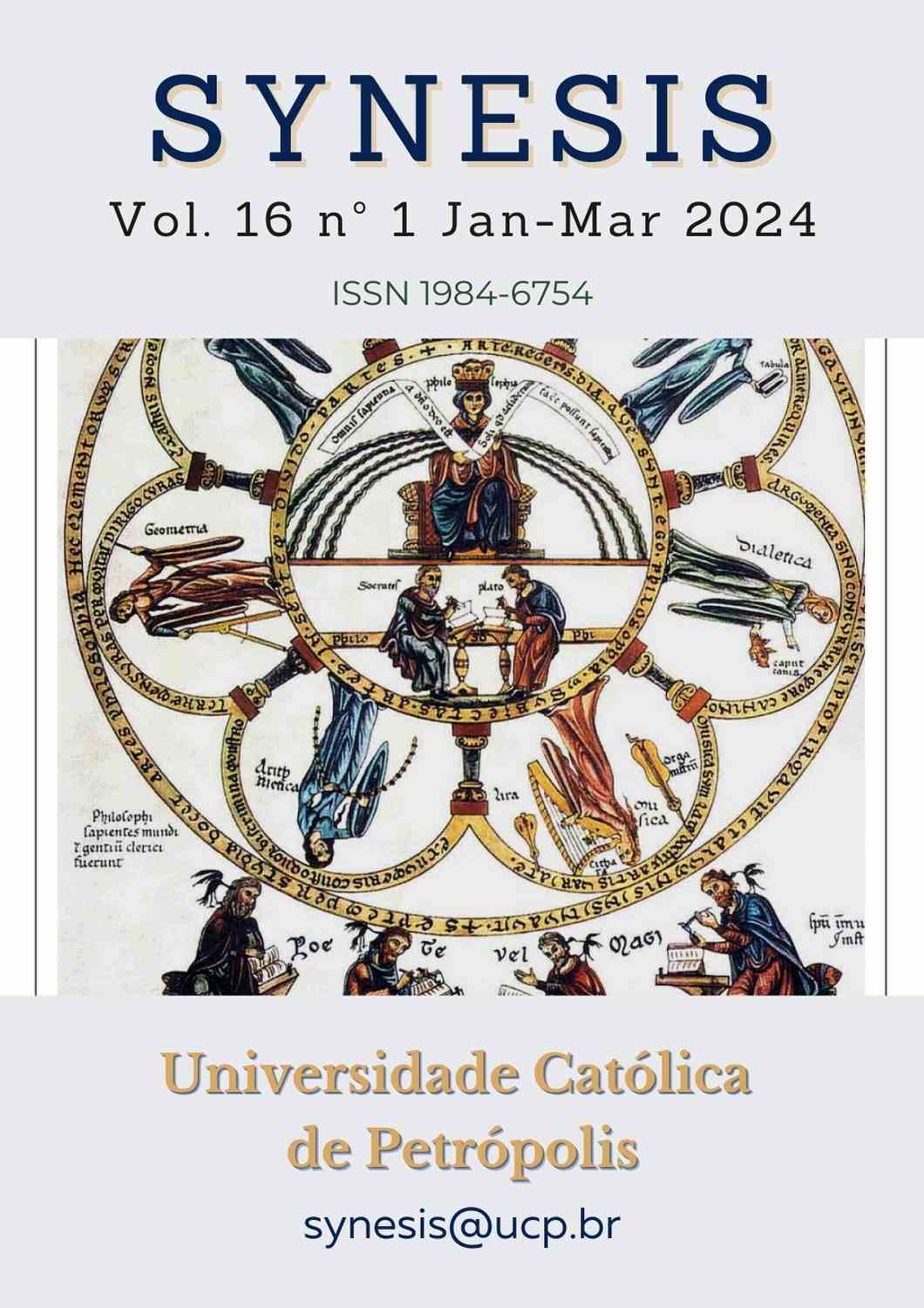Resumo
O foco do presente estudo é examinar a compreensão filosófica do fenômeno do sucesso nas circunstâncias contemporâneas. A natureza fundamental do termo "sucesso" e suas distinções semânticas do conceito de "êxito" são delineadas. Além disso, são explicados os atributos, as características e as facetas do sucesso de um indivíduo. Além disso, foi realizada uma análise abrangente dos principais fatores determinantes que afetam o sucesso de um indivíduo. Os elementos constituintes do fenômeno do sucesso, juntamente com os principais fatores que influenciam sua realização, foram devidamente caracterizados. A pesquisa visa a elucidar a compreensão filosófica do fenômeno do sucesso no contexto das condições contemporâneas. O objeto desta investigação diz respeito ao sucesso como uma categoria filosófica. Os métodos de pesquisa empregados abrangem descrição, análise e síntese, comparação, generalização e análise filosófica. A pesquisa descreve de forma abrangente a questão da compreensão filosófica do fenômeno do sucesso nas circunstâncias atuais. O significado de alcançar o sucesso para os indivíduos no contexto contemporâneo e os motivos subjacentes que contribuem para a crescente atenção a esse assunto são verificados. Além disso, as principais facetas da compreensão do sucesso e das conquistas são examinadas minuciosamente. Além disso, são fornecidos sinônimos para o termo "sucesso" para maior clareza e precisão. O artigo elucida de forma abrangente as indicações de sucesso de um indivíduo e suas características inerentes. É dada ênfase especial aos seguintes sinais: a trajetória que leva ao sucesso, os custos associados, as implicações sociais, a notoriedade do sucesso, os objetivos subjacentes, a tipologia do sucesso, os aspectos evolutivos, as dimensões legais e a extensão do reconhecimento. Além disso, são expostos os aspectos relativos ao sucesso de uma pessoa, abrangendo a percepção objetiva da sociedade em relação ao sucesso de um indivíduo, a perspectiva subjetiva sobre as conquistas e os eventuais resultados.
Referências
Averyanova, A. (2017). Professional success as a basis for personal self-realization. Psychological Sciences, 1, 7-12.
Beh, I. (2015). Selected scientific works. Personality education. Chernivtsi: Bukrek. 840 p.
Borovynska, I. (2017). Towards a psychological understanding of the concepts "success", "success", "life success", "life success". Scientific Bulletin of Kherson State University, 3, 143-144.
Kozmenko, O. (2022). Success and success of the individual: psychological dimension. Perspectives and innovations of science, 6, 440-449.
Mykhailyshyn, G., Dovga, M. (2017). Personal success: philosophical and psychological-pedagogical context. Scientific opinion of the present and the future, 1, 1-5.
Moskalenko, V. (2014). Peculiarities of meaningful characteristics of structural components of students' ideas about a socially successful person. Digital Library NAPS of Ukraine, 2, p. 6-9.
Pelenska, I. (2016). How to achieve success in life and in business? Psychological dimensions of culture, economy, management, 9, 135-145.
Podlyashnyk, V. (2016). Economic success of an individual: professional and qualification coordinates. Scientific Bulletin of Kherson State University, 1, 81-85.
Stryzhak, A. (2021). Interrelationship of personality development categories: success, success, social success, social success. Actual problems of psychology, 9, 326-338.
Furman, O. (2023). Success, success and self-concept. Psychology and society, 1, 22-25.
Benias, P. (2018). Structure and Distribution of an Unrecognized Humans success, Scientific Reports, 8, 4947-4949.
Bostock, J. (2020). The Meaning of Success. Cambridge: Cambridge University Press. 108 p.
Curry, S. (2018). Let's move beyond the rhetoric: it's time to change how we judge research, Nature, 554, 147-148.
Dewinter, A. (2021). The Success Code. London: HQ. P. 200.
Fettahlioğlu, O. (2015). The Effect of Personal Success Perception ON Career Planning. Perception, 1, 21-29.
Kibal’chenko, I., Eksakusto, T. (2019). Modern students' mental representations of success, International Journal of Cognitive Research in Science, Engineering and Education (IJCRSEE), 7(1), 1-13.
Nicholas, B. (2019). Being the Best. The A-Z of Personal Success. London: John Wiley & Sons Limited. 123 p.
Palmer, C., Tsakiris, M. (2018). Going at the heart of social cognition: is there a role for interoception in self-other distinction? Current Opinion in Psychology, 24, 21-26.
Pluchino, A. (2018). Talent vs Luck: the role of randomness in success and failure. Department of Physics and Astronomy, 9, 1-28.
Rooij, E., Jansen, E., van de Grift, W. (2018). First-year university students' academic success: the importance of academic adjustment. European Journal of Psychology of Education, 1, 1-19.
Ruggeri, P. (2018). The Ten Rules of Success. Miami Beach: ENGAGE BOOK. 65 p.
Schleicher, A. (2020). Social and Emotional Skills Well-being, connectedness, and success. Paris: C Director, Education, and Skills. 19 p.
Snyder, R. (2018). Pluck or Luck: Does Trait Variation or Chance Drive Variation in Lifetime Reproductive Success? The American Naturalist, 4, 90-107.
True, C. (2020). Keys to Personal Success. London: Agenda. 39 p.
Yaqub, O. (2018). Serendipity: Towards a taxonomy and a theory. Research Policy, 47, 169-179.

Este trabalho está licenciado sob uma licença Creative Commons Attribution-NonCommercial-NoDerivatives 4.0 International License.
Copyright (c) 2023 Synesis (ISSN 1984-6754)

